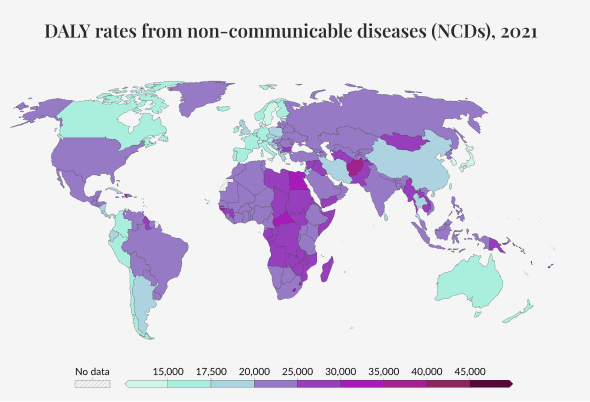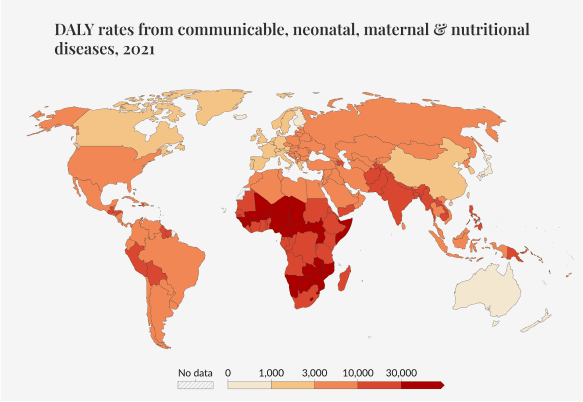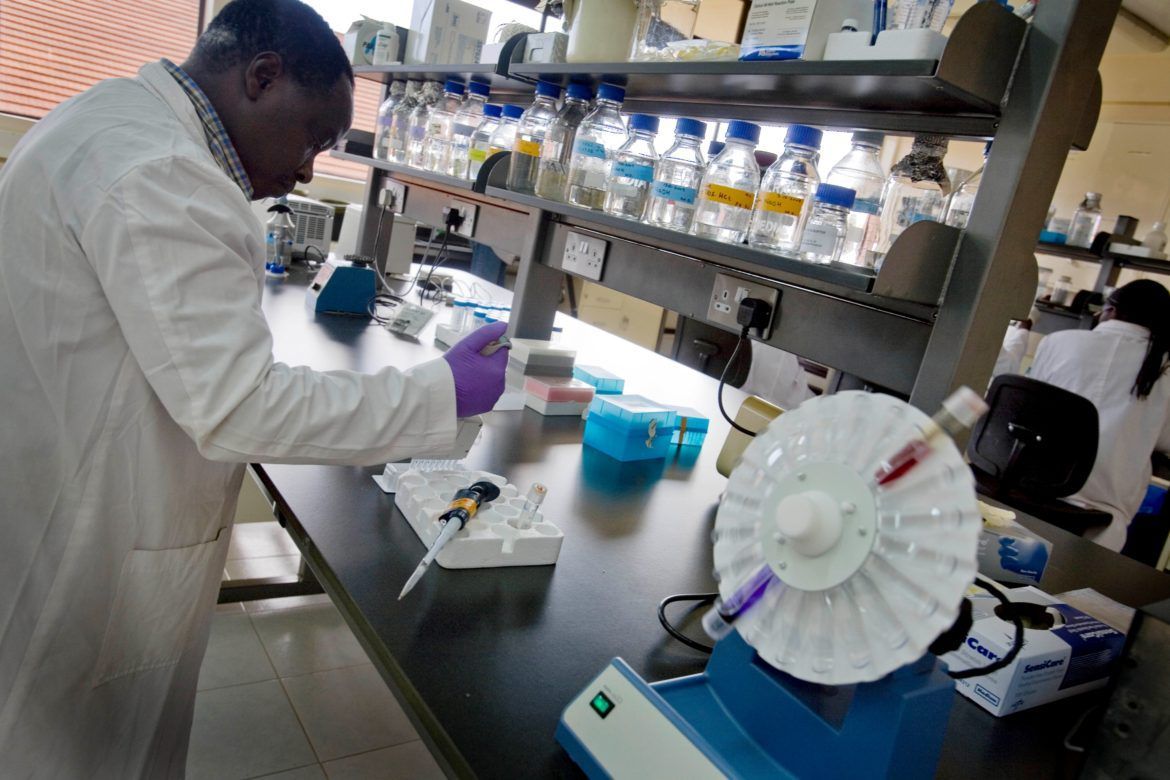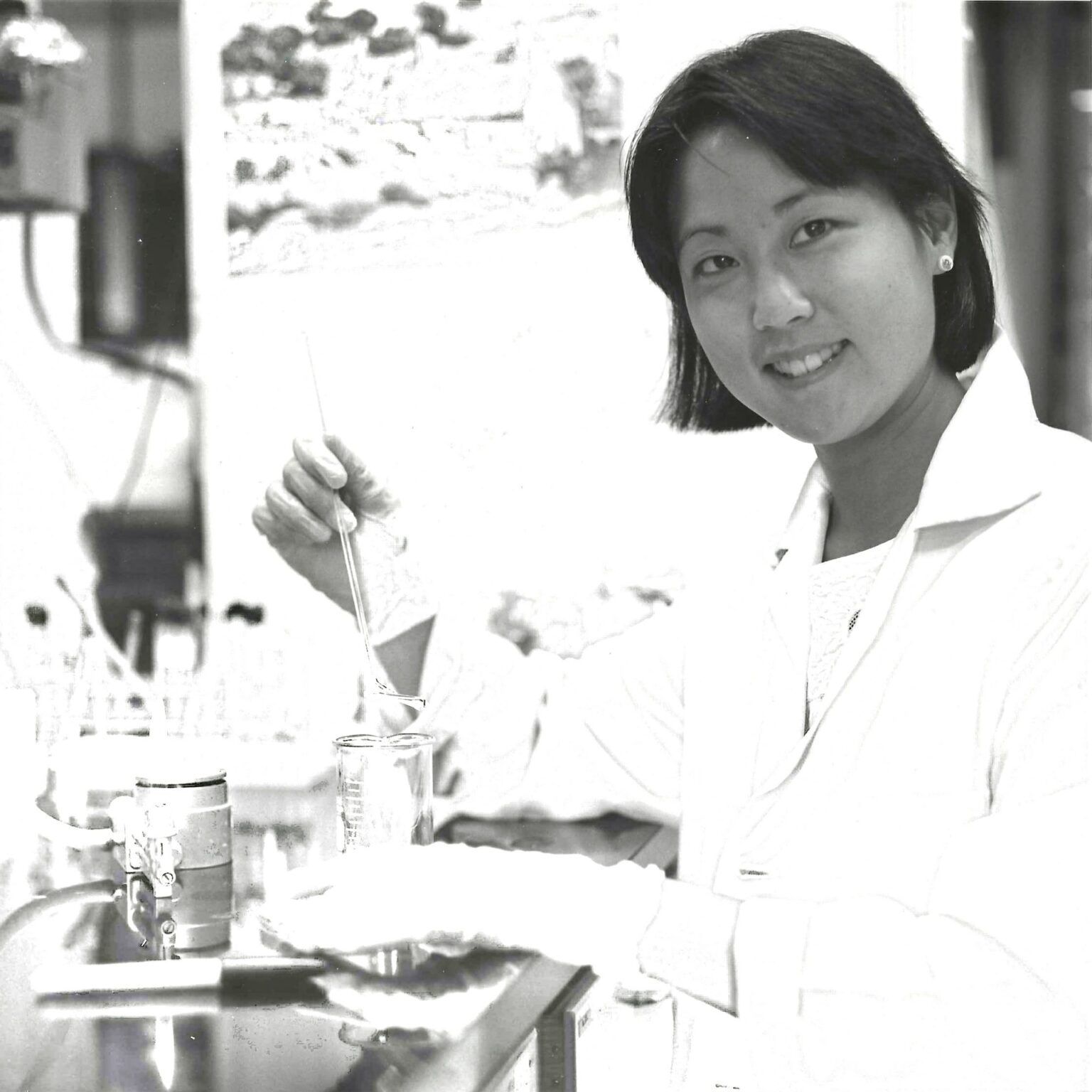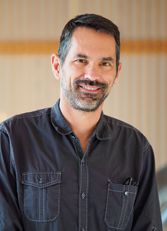The Henry Wheeler Center for Emerging & Neglected Diseases (CEND) was established as a multi-disciplinary research unit in 2008
With the support of a generous donation by Henry H. “Sam” Wheeler, Jr. The mission of CEND is to help the University of California, Berkeley make innovative and substantial contributions to the global response to emerging and neglected infectious diseases. We at CEND believe that by educating potential innovators, connecting researchers from diverse disciplines, and investing in research, we can help the best and brightest minds at UC Berkeley access the resources they need to make meaningful and innovative contributions to our scientific understanding and ability to combat emerging and neglected diseases.


